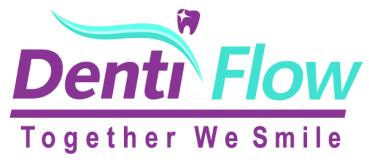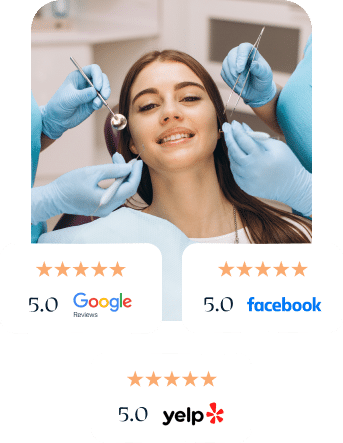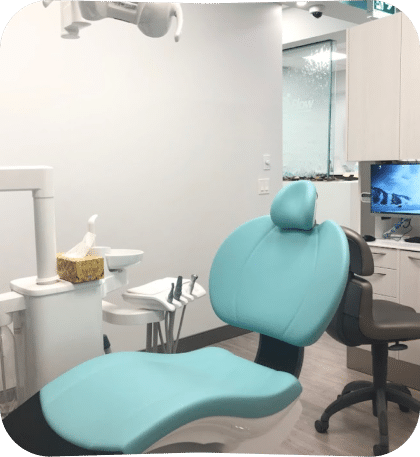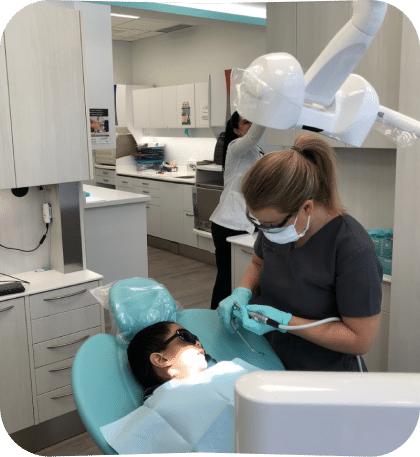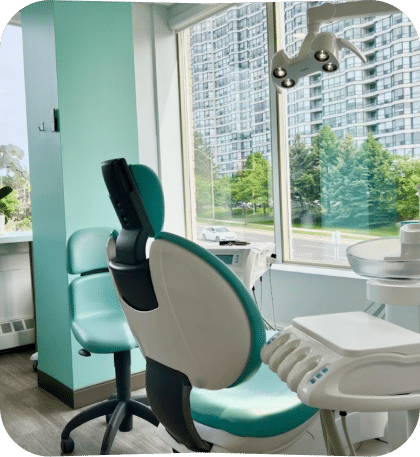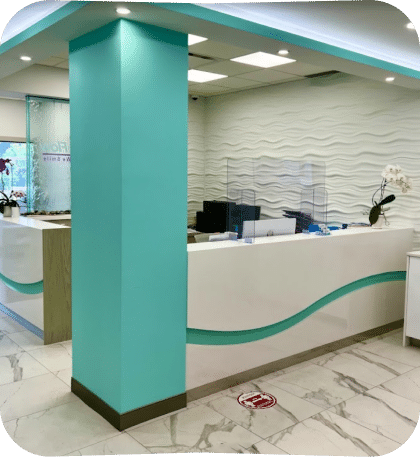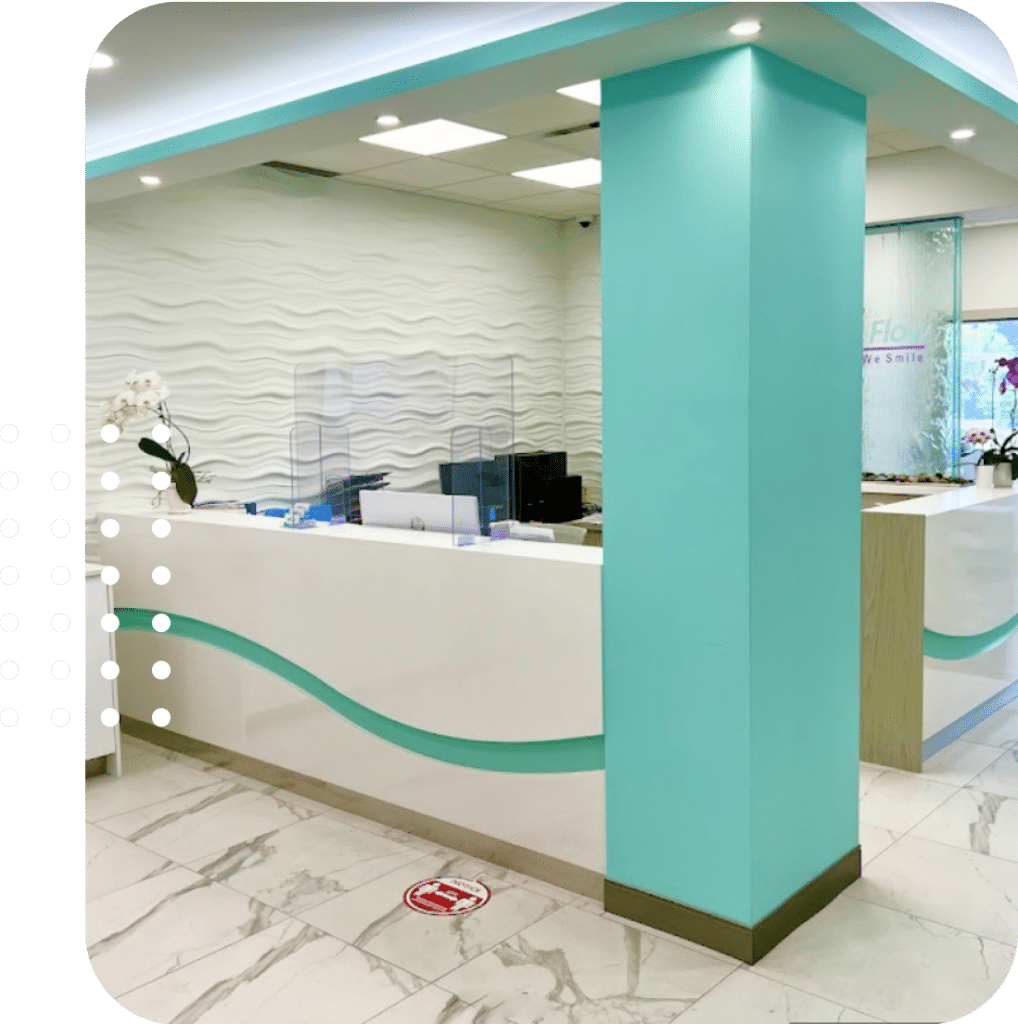Preventive dental services are a key foundation for maintaining oral health. It is a proactive approach to not only avoid oral health issues, but also the high costs associated with advanced dental problems.
What are Preventive Dental Services?
Preventive dental care includes various proactive measures to preserve oral health and, as the name suggests, prevent dental problems.
Routine dental check-ups are important for patients of all ages. During these visits, your dentist thoroughly examines your mouth and performs X-rays or other diagnostics to assess the overall health of your teeth, gums, and surrounding tissues. By identifying potential issues such as cavities, gum disease, teeth growing in awkwardly, or oral abnormalities early on, your dentist can intervene promptly to prevent further damage.
Oral cancer screenings are a critical part of dental exams. During these screenings, dentists conduct thorough examinations of the oral cavity, including the lips, tongue, gums, cheeks, and throat, to identify any suspicious lesions or abnormalities. Early detection of oral cancer significantly improves treatment outcomes and survival rates, highlighting the importance of regular screenings as part of comprehensive preventive dental care.
Professional cleanings performed by dental hygienists remove plaque and tartar buildup that cannot be eliminated through regular brushing and flossing alone. This reduces the risk of gum disease and tooth decay.
Fluoride treatments help strengthen tooth enamel, the protective outer layer of the teeth. It remineralizes weakened enamel, so it is more resistant to bacteria and acidic foods. This process effectively reduces the risk of tooth decay and cavities. Dentists often use fluoride treatments for children and individuals at higher risk of decay.
Sealants provide an additional layer of protection against decay, particularly in hard-to-reach areas such as the pits and fissures of molars and premolars. By sealing off these vulnerable areas, sealants block out food particles and bacteria, reducing the risk of cavities.
Education is another key part of preventive dental care. Your dentist will educate you and your family members on good oral hygiene practices and specific advice for your unique dental health situation.
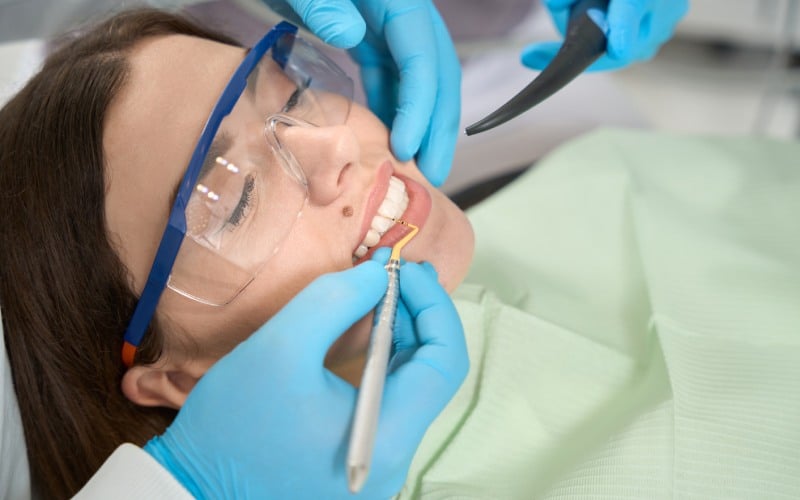
Importance for Oral Health
Routine professional cleanings and other preventive care helps break the cycle of bacteria and plaque in the oral cavity leading to the development of dental issues such as tooth decay and gum disease. Bacteria accumulates in the mouth, fed by sugars from food particles. As they feed, they produce acids, gradually weakening tooth enamel and causing decay. Plaque, which is a sticky film of bacteria, saliva, and sugars, starts to also form on teeth. If not removed, plaque hardens into tartar, which provides a rough surface for more bacteria to hide in. This leads to increasing gum inflammation and disease. While good oral hygiene, such as brushing and flossing daily helps, plaque and tartar can still build up.
Preventive care, including professional cleanings, are required to remove tartar, as you can’t remove it at home, and helps to control bacterial growth to maintain oral health. It helps prevent the bacterial buildup that leads to tooth decay and gum disease, and ensures that any issues are treated as soon as possible.
Left untreated, tooth decay can progress from minor cavities to more extensive damage, eventually leading to complications such as dental abscesses, tooth loss, and even systemic infections if bacteria enter the bloodstream. Gum disease progresses from minor inflammation, or gingivitis, to advanced periodontitis, which cannot be reversed; receding gums, tooth loss, and other oral health issues can result.
Preventive Dental Care Cost Benefits
Investing in preventive dental care is a prudent financial decision over time. While there are initial expenses associated with these services, they are substantially lower compared to the costs of treating advanced dental problems down the line. Routine check-ups enable early detection of concerns, allowing for timely intervention and avoiding the need for costly and invasive treatments like root canals or tooth extractions. Furthermore, preventive dental services help individuals avoid the financial burden of dental emergencies by identifying and addressing potential issues before they escalate into urgent situations.
Uninsured Individuals: Preventive Dental Care Still Critical
Preventive dental care is important for everyone. If you are uninsured, you may be tempted to avoid going to the dentist to save money, but continuing to prioritize preventive dental care is even more essential. If you have concerns about costs, talk to your dentist about your options.
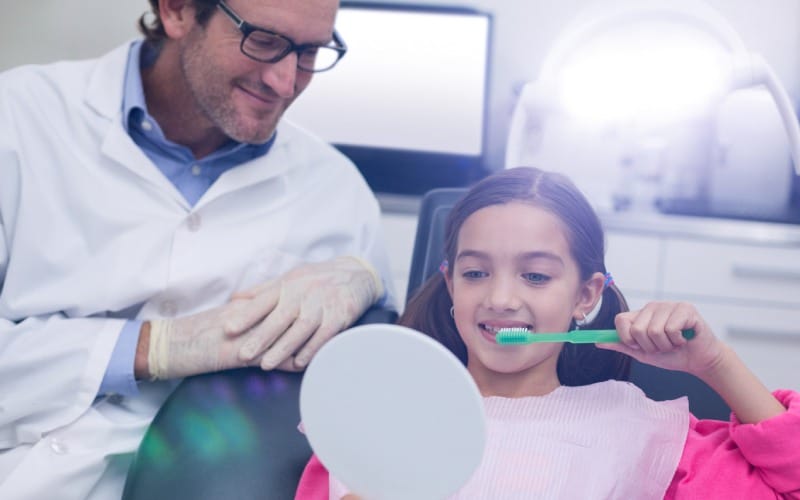
How Often Should You Visit Your Dentist For Preventive Care?
The frequency of preventive dental visits varies based on individual needs and risk factors. The Canadian Dental Association recommends that most individuals visit the dentist at least twice a year for routine check-ups and cleanings. However, personalized recommendations may vary depending on factors such as age, overall oral health status, and susceptibility to dental problems. Even babies and young children who do not yet have their permanent teeth should see the dentist regularly, as decay in baby teeth can affect the permanent ones and cause gum disease.
Regular dental visits allow for ongoing monitoring of your oral health and ensure preventive measures tailored to your individual needs are applied in time to be just that – preventative.
At DentiFlow, our friendly team prioritizes preventative measures, to help you avoid more complex treatments in the future. It’s never too late to start proactive care.
